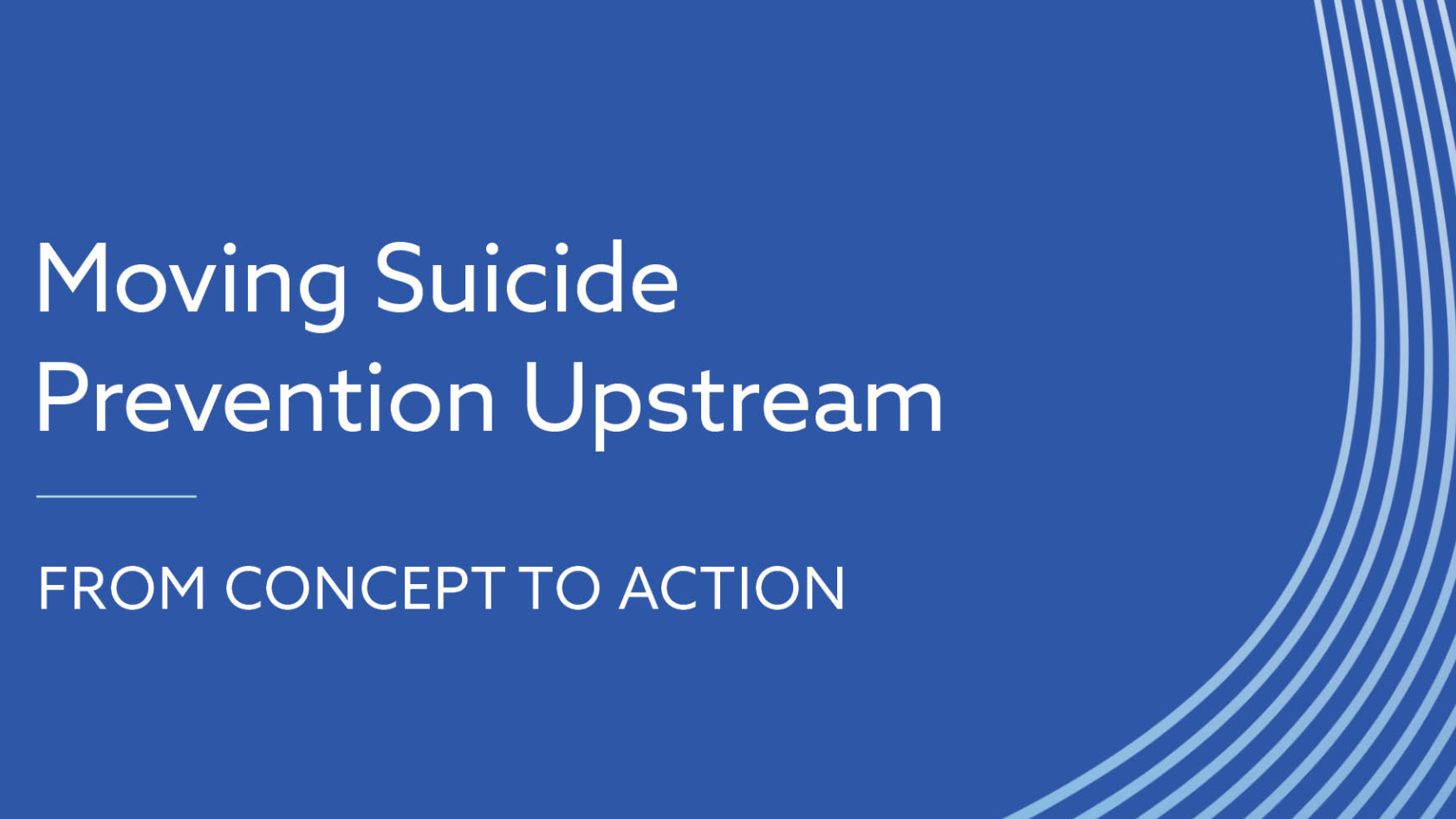Mental Health & Wellbeing
EDC partners with communities worldwide to integrate mental health and well-being into the environments where we live, work, and learn.

With over 60 years of interdisciplinary expertise at the intersection of public health, education, and science, we develop and implement innovative mental health solutions focused on improving mental health systems, prevention, and care through data-first strategies.
Our programs improve quality mental health care for all populations. We serve individuals across the lifespan—children, families, and the elderly—in settings such as schools, health centers, community organizations, and senior care facilities.
We strengthen local health systems and ensure mental health services are stigma-free. Our work includes developing community health campaigns, training healthcare providers, promoting digital wellness, and creating digital tools that support self-management and professional care.
Through strategic partnerships with governments, local organizations, and international agencies, EDC scales solutions that improve mental health outcomes across the U.S. and globally. Key initiatives include Education & Wellbeing, Zero Suicide Institute, the Children’s Safety Network, the Metrowest Digital Wellness Collaborative, Community-Led Suicide Prevention, and the USAID/DRC Enhancing Services and Linkages for Children Affected by HIV and AIDS (ELIKIA) program.
Our Work
Featured Project
Zero Suicide
Zero Suicide is a transformational framework for health and behavioral health care systems seeking to ensure safer suicide care.
Read more






